Our Science Lab
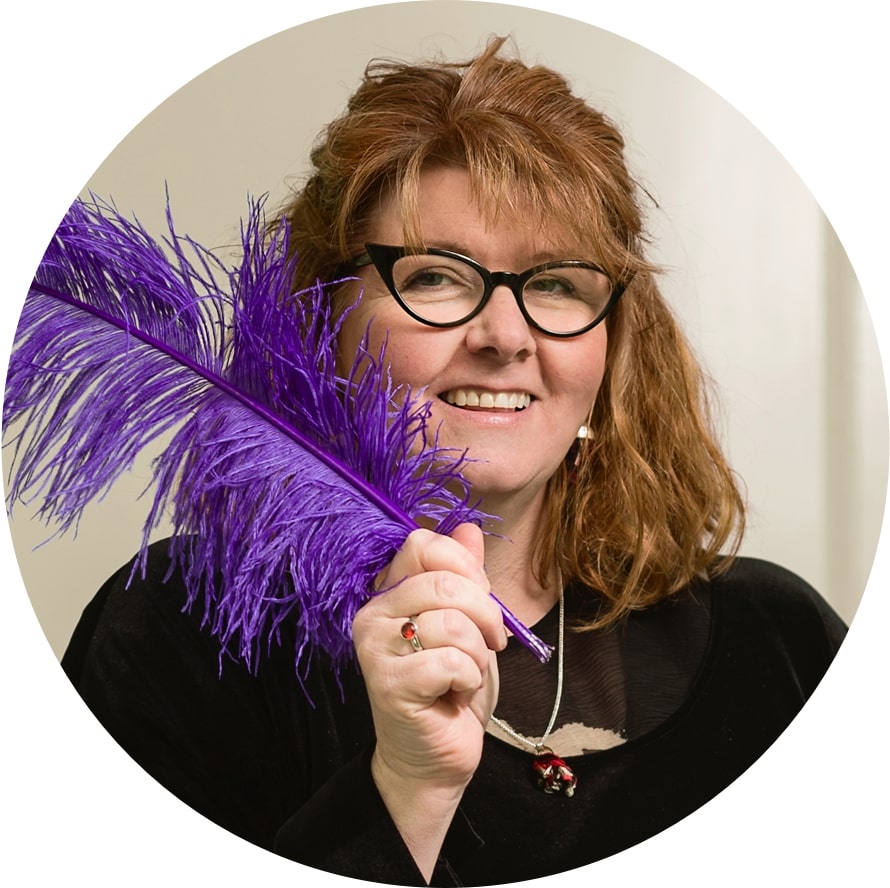
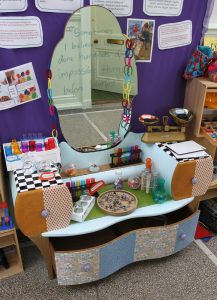
Science is an exciting learning experience for children, or at least it should be!
I once asked my husband who is a scientist, how would you explain science? His answer…” If it’s gooey and sticky its biology, if it’s smelly and stinky its chemistry and if it’s broken and a challenge to fix its physics”
There is nothing more priceless than the face of a child who’s just seen elephant toothpaste expanding over the top of its container for the first time or even the fifth time! So how should science be incorporated into our children’s play and learning?
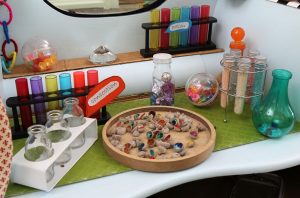
Take, for example, life science which considers the physical characteristics such as the basic needs of living things, simple behaviors them and the relationship between them and their environments. These are all concepts that children want to understand and are curious about and it is our job to help them with that! Perhaps we can consider what living organisms are there outside the classroom? What do they look like? How do they compare? What do they need to survive? There are practically endless questions that pose themselves and we need to think, what is the best way to explore them?
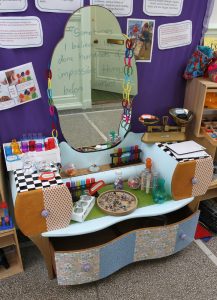
While we think about this, it is important to keep in mind that as a result of their science experiences, young children should develop their abilities to do many things, such as:
- Raise questions about objects and events around them
- Explore materials, objects, and events by acting upon them and noticing what happens
- Use all senses to make careful observations of objects, organisms, and events
Every time we add cornflour to another liquid, such as water, shampoo or borax, we create a new and exciting compound. One that feels different acts differently and often stimulates our language and imagination as well as our scientific thinking.
Whenever a child is exploring in the world of early science they find opportunity to:
- Describe, compare, sort, classify, and order in terms of observable characteristics and properties
- Use a variety of simple tools to extend their observations (a hand lens, measuring tools, eye droppers, a balance)
- Engage in simple investigations including making predictions, gathering and interpreting data, recognizing simple patterns, and drawing conclusions
- Record observations, explanations, and ideas through multiple forms of representation including drawings, simple graphs, writing, and movement
- Work collaboratively with others
- Share and discuss ideas and listen to new perspectives
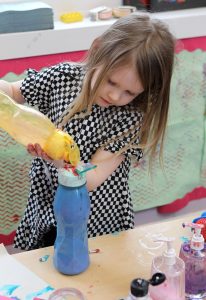
Of course, not every activity will engage every one of these skills, but there are loads to keep in mind and think, which skills does your concoction lab, loose part village or tinker table engage today?One of our favourite activities at the moment is with sticky tape. A variety of patterns, textures and stickiness. We use them to join items together, to pick up items that are made of different materials. We use the tape to see which tape is the stickiest or is good at picking up which type of materials. This helps us predict, design and become involved in trial and error.
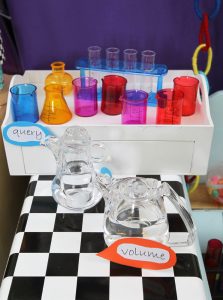
Finally, a rich early year’s science investigation supports the development of certain attitudes and dispositions that are important in all areas of learning. Including: curiosity, respect for life, willingness to collaborate and perseverance to name a few.
One of our activity ideas is liquids and powders. We suggest the children work in pairs or small collaborations and create a new concoction that has a different consistency and colour tone. This sees them use a wide variety of social skills, small muscles. They need to negotiate, make decisions and share opinions on what, how and why their concoctions are being developed.
Show us your science experiments by tagging us on instagram @adventureswithalicesharp!